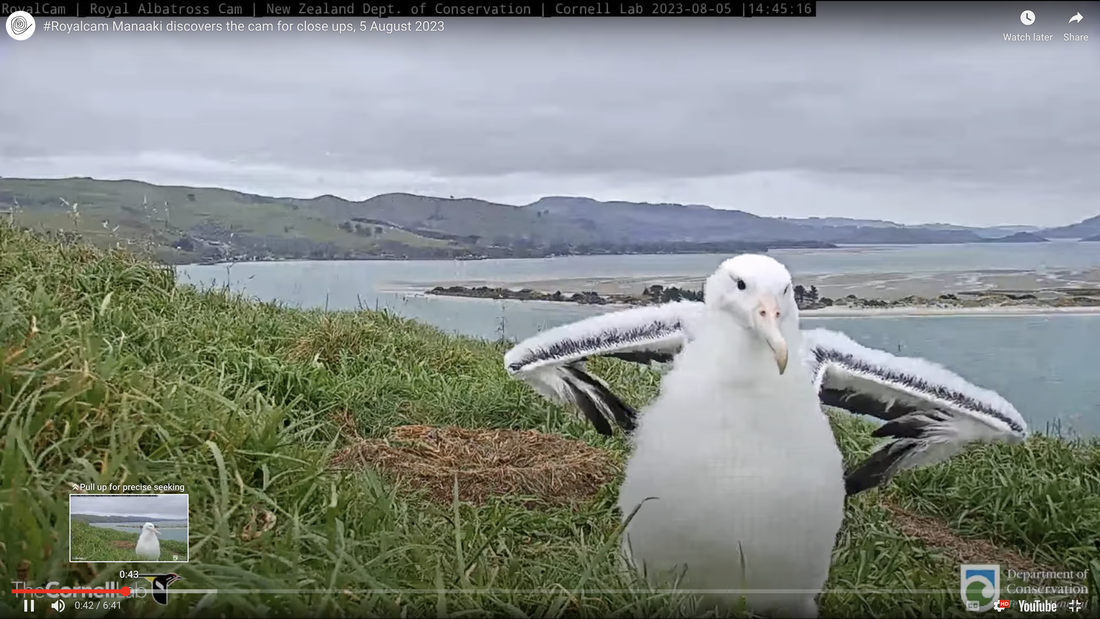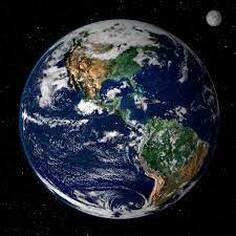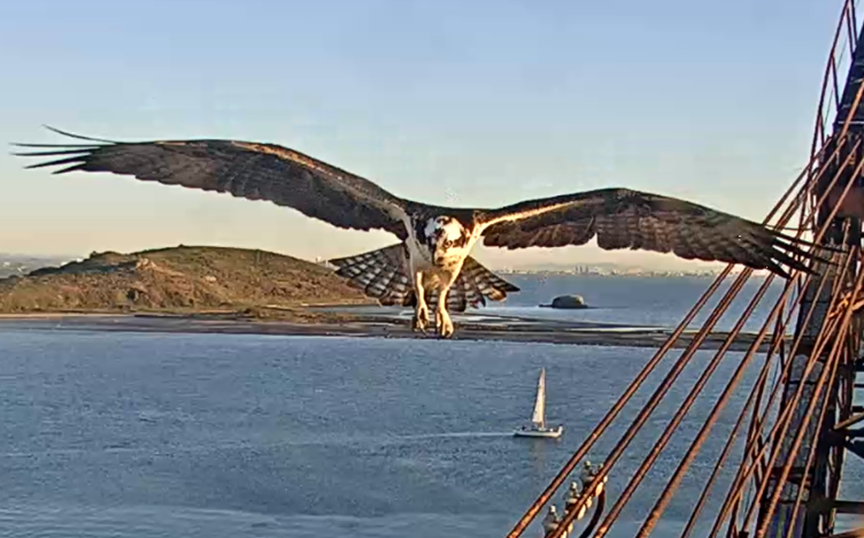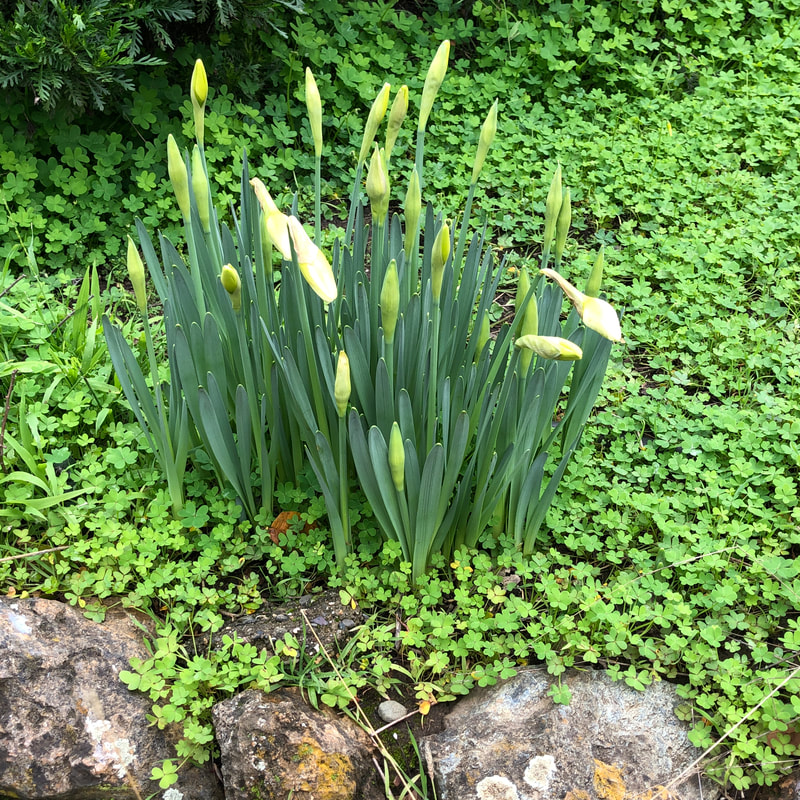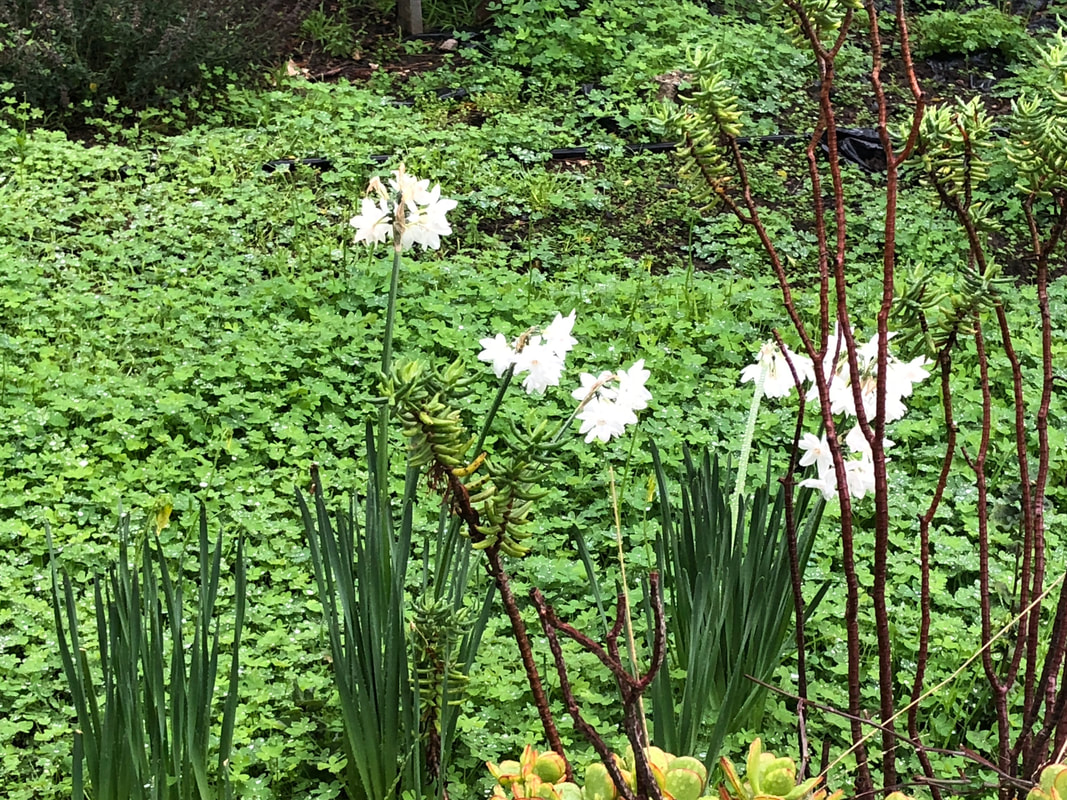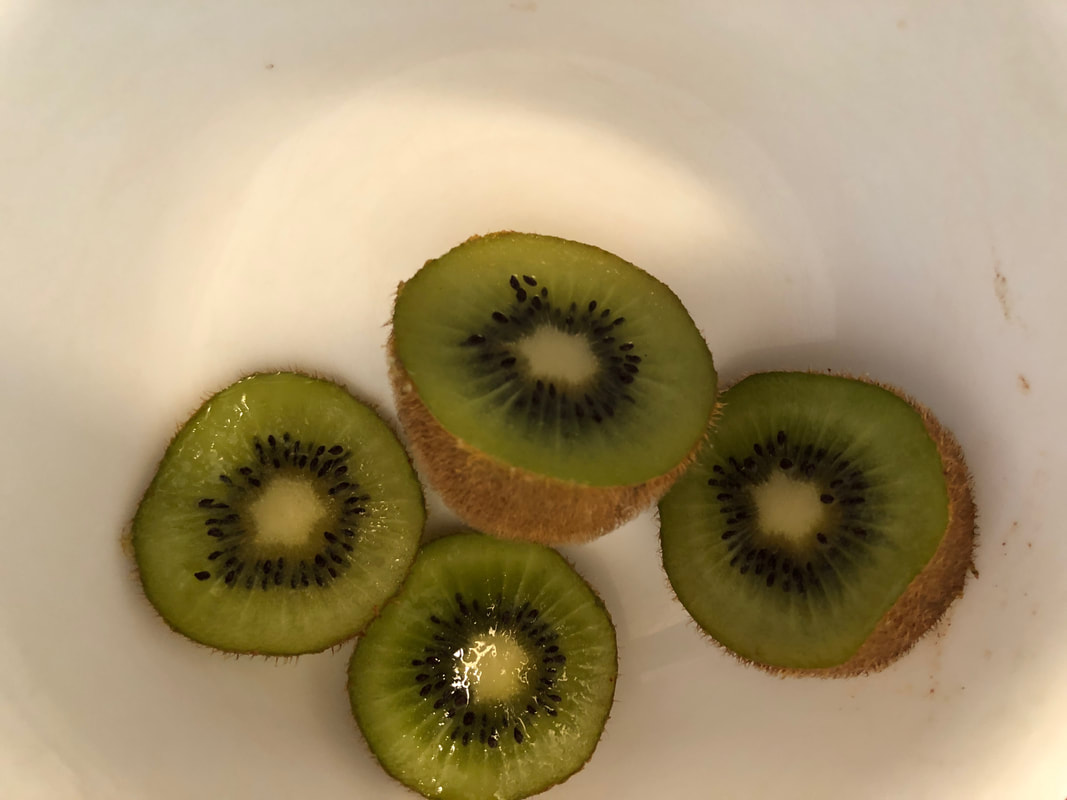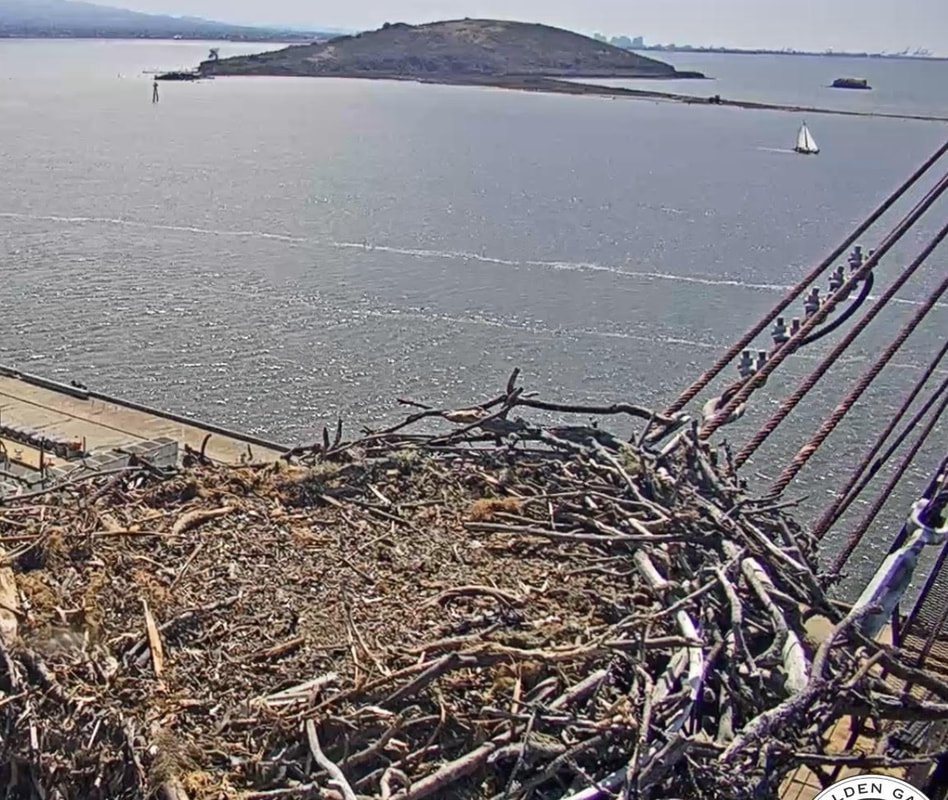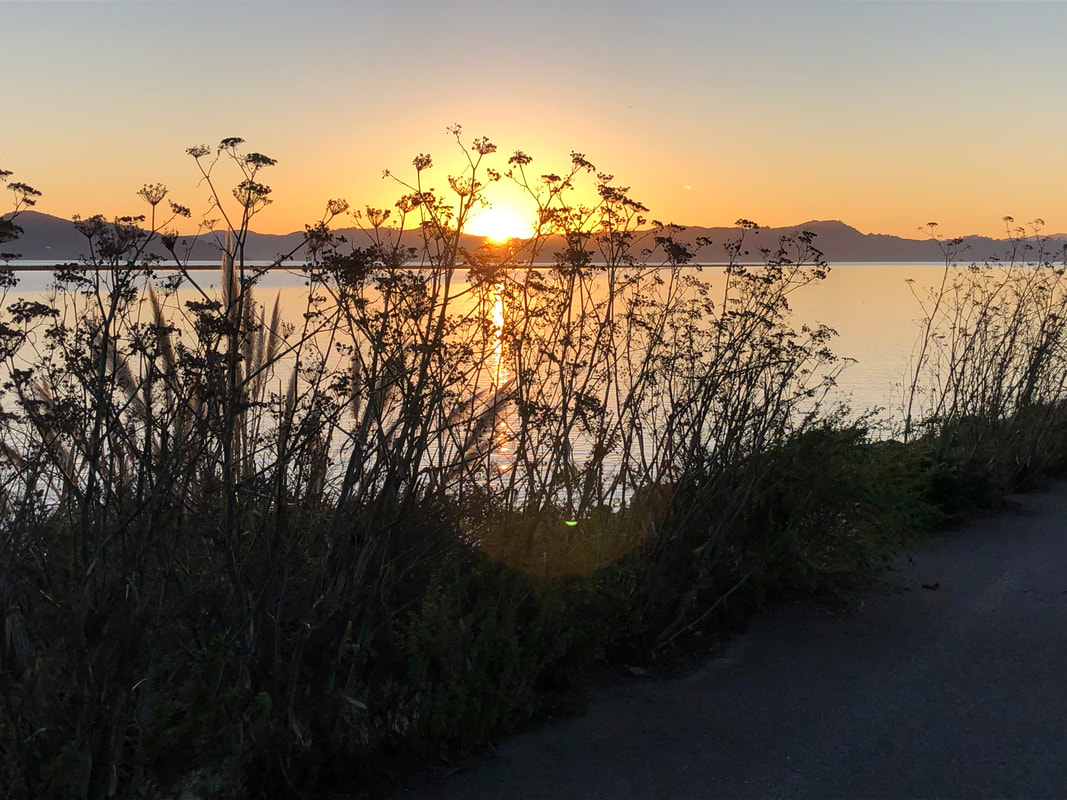Responsibilities and worries too,
So much to bear, you don’t know where to turn,
And peace and solace are for what you yearn,
Look to the sky, to clouds, and higher still,
To watch the birds that glide and soar at will,
That turn and dive in the gentle Spring breeze
Then stop to rest atop the tallest trees.
And watch them as they sit so high and free,
Content to sing their song and just to be,
They follow the wind wherever it blows,
Are ever heedless of our earthly woes.
Then join them if only in mind, alone,
To visit distant lands, never yet known,
And then glide gently back to Earth and land,
Ready to tackle all that waits at hand.
No sooner has the last kiwi been picked.
The Christmas Amaryllis started to fade,
While on the paved streets drums the winter rains
Rushing into the storm drains,
Than I awaken to lightening sky
And the narcissi pop up their white heads,
Lemons ripen yellow
Green mandarins turn orange,
And I take off my jacket while gardening
Under the warming sun.
Mockingbird sings an early tune
Oxalis is in full yellow bloom
Punctuated by green leaves
Iris blossoms will pop out soon.
Spring is in the air.
Today I ate the last kiwi
Off the vine.
It sat sliced on the white
Plate
So pretty.
But I ate it
Anyway.
And
it
was
Delicious.
there was a planet. It was not particularly large or prominent but it was a pretty planet, blue and green. For there was life on this planet: blue oceans teeming with fish and shellfish and many other life forms, as well as plants of all colors. There were grassy plains and high mountains covered with white snow. Even the dry deserts boasted colorful sand, creatures, large and small, cacti and small leaved bushes, And in most parts, there lived humans, who travelled far and wide and explored to the ends of their Earth.
But over time, the climate grew hotter and drier. Animals began to disappear. This had happened before when the large dinosaurs had died off but now the humans were involved, for better or for worse. For the humans tinkered with the environment, built cities, created new materials. And these changes transformed the Earth itself. Animal species died from lack of space, water or food. There was less water to go around.
Soon the changes began to affect the humans themselves. While they were intelligent and ingenious, there was a limit to their understanding and they too began to suffer disease, lack of water and finally lack of food. After a massive die off over hundreds of years, only a few humans were left in pocketed areas.
In one such area, that the most recent humans had called California, there lived small tribes in the wilderness. There was still enough food from the sturdy oaks to keep them nourished and the rain still brought welcome water to the streams and the lakes, so that these humans lived quite comfortably. Gone was all the technology their forebears had created, but this mattered not. The humans did not miss it because they had not known it. Occasionally someone would come across a small rectangular object with a glass front and would wonder what manner of object this was. It did not seem to serve any purpose but fit in the palm of a hand as though it had been a hand tool. But a tool for what?
In one area, there was a Bay surrounded by hills. There was a space between two groups of hills and over this space was a bridge that had survived earthquakes and bombs.
One day a woman came from the Eastern hills, searching for salt and shells to use as scoops. She walked down to the edge of the Bay, where the eelgrass grew abundant and fish still darted in and out of the grass. This water had been polluted and many of the animals and plants had died off, but the tide continuously brought ocean water in and took it out again and so the sea life had been restored. As the woman walked along the shore, she became aware of another human, a man, standing atop a little hill above her. He saw her and started down the hill.
The woman kept walking. She had work to do and needed to get it done before dark. Then she must find a place to eat and sleep before returning to her home the next day.
She stopped when her footsteps met the water, at the old crane. It was used by humans once, and had stood there ever since, a rusting old piece of metal. Now it stood in water, as the level had risen over time. And there was an osprey nest high up on the crane. There were no more factories or ships or any other humans, but the birds still came to raise a family there. The wars and famine had not reached them. They could fly.
The man on the hill was now by her side. He did not speak. Indeed, humans spoke only when necessary now. But his eyes were kind. He stood next to the woman, looking out over the Bay.
The mountain the old ones had called Tamalpais, nobody really knew why, lay against the sky, still, in the shape of a woman lying down. There had been a legend, the woman had heard, but she knew it not. The mountain had been there when humans were abundant, had been there even before, when there had been a few original human inhabitants, before the hordes came.
And even before that perhaps, before there were any humans on this land.
The mountain would remain, until it was covered by the Ocean. The crane still stood. And across the Bay, the woman could see the old bridge crossing the strait that led to the ocean. It would be inundated one day, but for now it stood, a reminder of the human industrial life of the past.
And so too, the crane.
The woman and man stood at the water's edge, a few feet before the crane. The rain stopped and a rainbow appeared to the South. The man pointed at the rainbow and the woman nodded. Then she pointed. Far off, they saw a large bird flying in. It flew steadily until it reached the crane. Then it landed upon the nest high up on the crane. It was a female osprey. She sat and looked around. Then she called with a high pitched two-tone whistle. Then another. And from the Bay, beyond the breakwater, came another osprey. It flew steadily toward the nest, while the other called. Then it landed and the two birds greeted one another.
The woman turned to the man and smiled.
"The ospreys have returned," she said. "As always."
He nodded. "Yes."
They paid silent homage to these birds that had survived the wars, the floods, the famine and all the destruction caused by humans, by flying South every winter to return in the Spring.
Then the two humans gave thanks to their Earth goddess and, as the sun began to set, turned for their long trek back to the hills where they dwelled.
